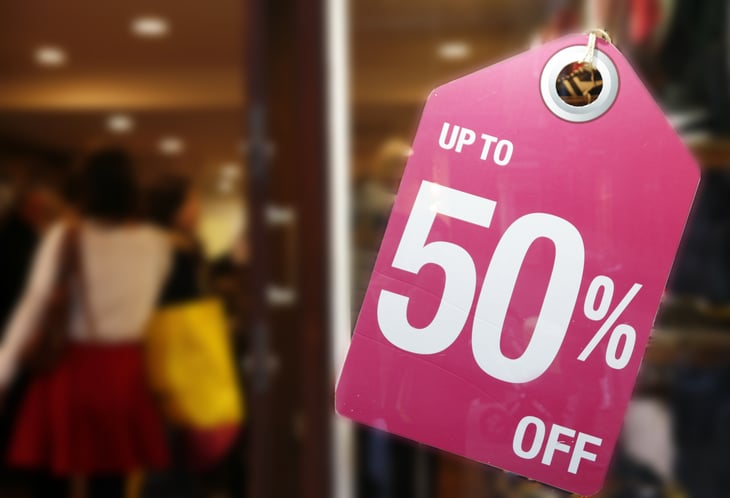
When you see a sale price, can you really be sure you are getting a bargain?
Probably not, according to research from Consumers’ Checkbook, a project of the nonprofit Center for the Study of Services.
A recent Consumers’ Checkbook analysis of 25 national retailers found that the legitimacy of their sale prices — as determined by how frequently they offered such prices — is often suspect.
Consumers’ Checkbook tracked the prices of a couple of dozen items for 33 weeks and found that frequently, they weren’t deals at all. According to a summary of the organization’s findings:
“Often, these fake sales never end: For eight of the 25 retailers, our shoppers found more than half the items we tracked for each were offered at false discounts every week or almost every week we checked. In other words, at many retailers the ‘regular price’ or ‘list’ price listed is seldom, if ever, what customers actually pay.”
Following is a breakdown of which retailers are most — and least — likely to mislead you in this way, according to the analysis.
9 retailers with ‘usually misleading’ sale prices
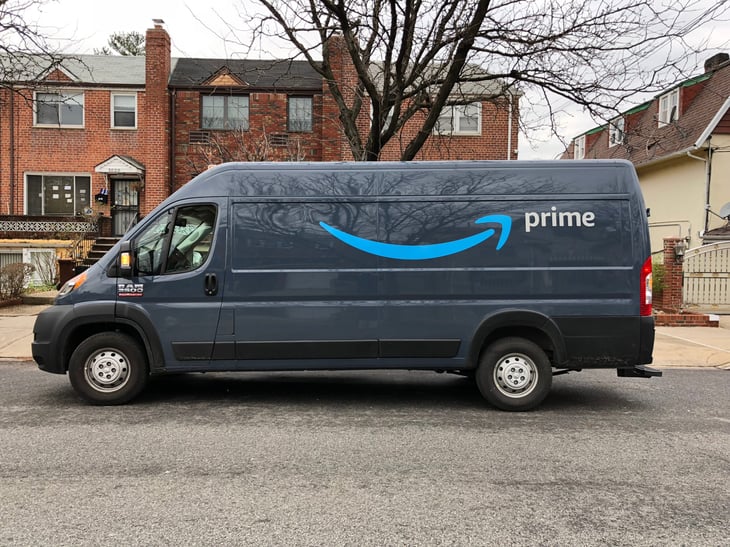
Based on its analysis, Consumers’ Checkbook says it believes the following retailers’ sale prices are “usually misleading”:
- Amazon
- Banana Republic
- Dick’s Sporting Goods
- Foot Locker
- Gap
- Nordstrom
- Old Navy
- Wayfair
- Williams Sonoma
Among the stores in this category, most of the items tracked were always — or almost always — on “sale,” according to Consumers’ Checkbook.
12 retailers with ‘often misleading’ sale prices
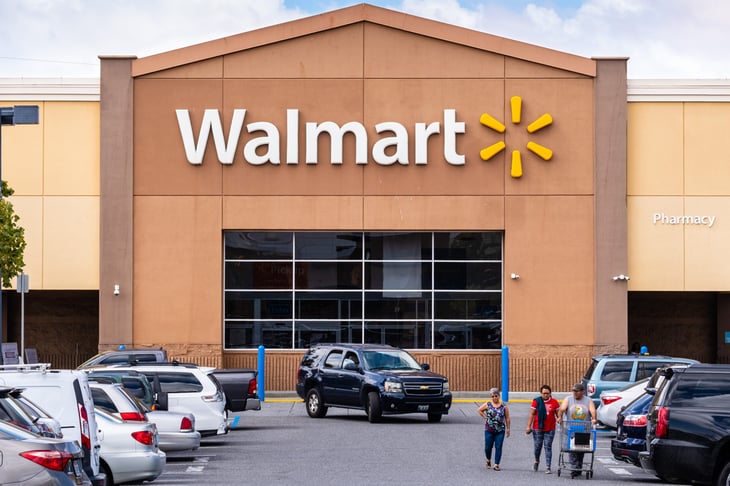
Based on its analysis, Consumers’ Checkbook says it believes the following retailers’ sale prices are “often misleading”:
- Best Buy
- Dell
- Home Depot
- J.C. Penney
- Kohl’s
- Lowe’s
- Macy’s
- Michaels
- Office Depot
- Overstock
- Staples
- Walmart
Consumers’ Checkbook notes that fake sales have become a lot more common over the past four years, with more stores engaging in the practice. According to the summary of findings:
“Some retailers suggest their prices represent steep discounts, marking items as being on sale for 50 percent or more off regular prices. This can make customers think the ‘sale’ offers them a fantastic deal. The opposite is usually the case: We discovered that most items can be purchased for lower prices elsewhere.”
1 retailer with ‘sometimes misleading’ sale prices
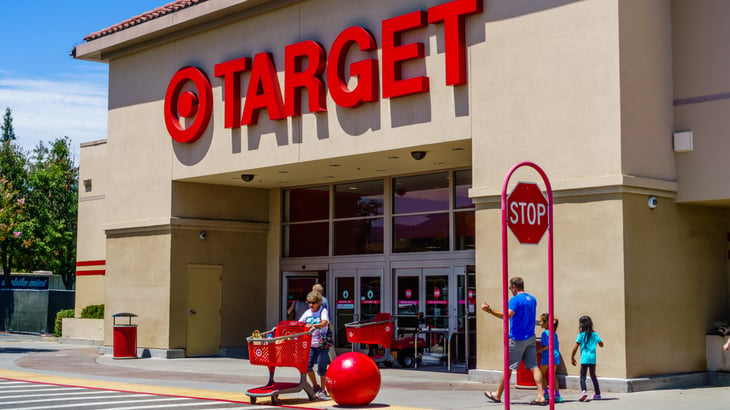
Based on its analysis, Consumers’ Checkbook says it believes Target’s sale prices are “sometimes misleading.” It notes that Target is a “borderline case”:
“Ten of the 25 items we tracked for it were on sale at least 50 percent of the time; overall the items we tracked at Target were on sale 49 percent of the time.”
Regardless of the legitimacy of its sales, there are some things that are always a good deal at Target. For more, check out “8 Things I Always Buy at Target.”
3 retailers that ‘offered legitimate sales’
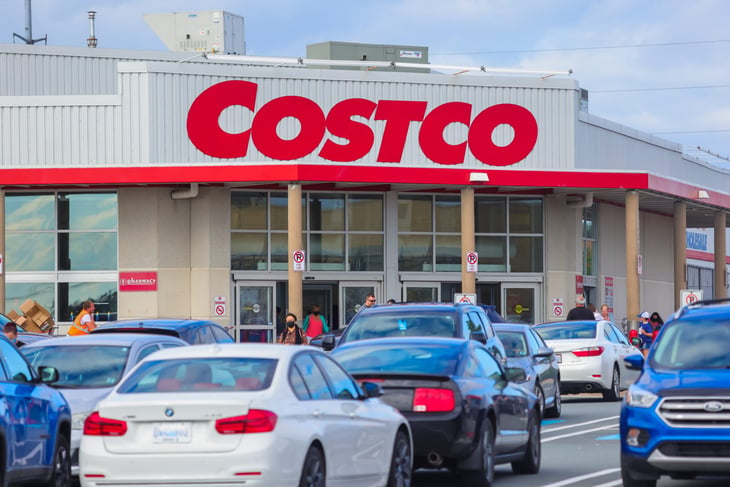
Based on its analysis, Consumers’ Checkbook says it believes the following retailers’ sale prices are legitimate:
- Apple
- Bed Bath & Beyond
- Costco
Consumers’ Checkbook notes that stores that boast of phony sales are actually violating Federal Trade Commission regulations. According to the organization’s summary of its findings:
“The law says stores can’t claim to offer items at a discount if the displayed ‘regular’ or ‘list’ prices weren’t offered for a reasonable amount of time. Our research continues to prove that most stores constantly violate the law by displaying dishonest ‘list’ prices that they rarely, if ever, charge.”
